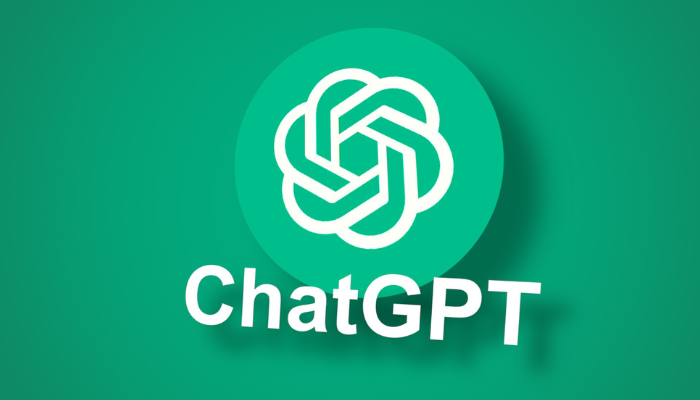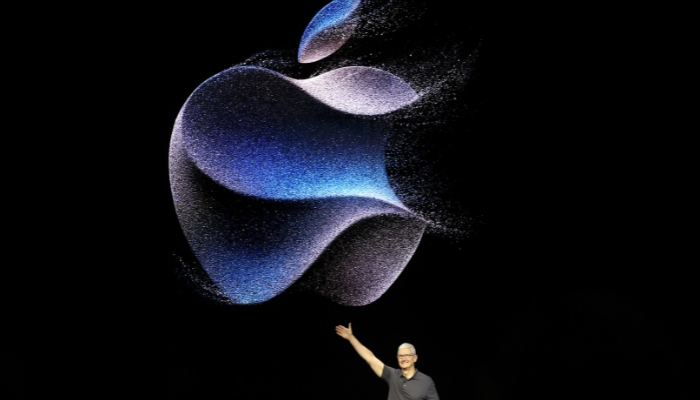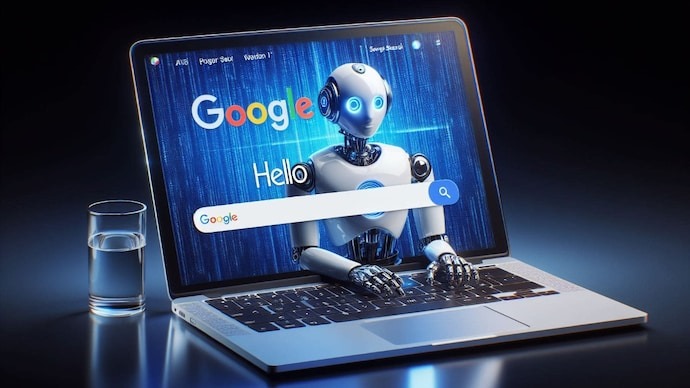
Last updated on February 22nd, 2024 at 12:42 pm
Professor Mike Wooldridge will tackle pressing questions about AI in this year’s Royal Institution Christmas lectures
Sharing work complaints or political views with ChatGPT could have negative consequences, warns an artificial intelligence expert.
Mike Wooldridge, an AI professor at Oxford University, advises against divulging private information or having intimate conversations with a chatbot, as anything shared could be used to train future versions.
He also cautions that users should not expect an unbiased response from the technology, as it tends to provide responses that align with what the user wants to hear.
Wooldridge will delve into the topic of AI in this year’s Royal Institution Christmas lectures. He aims to address the “big questions in AI research and debunk myths about how this innovative technology truly operates,” as stated by the institution.
Topics such as teaching machines to translate between languages and how chatbots operate will be covered in his lectures. He will also delve into the overarching question surrounding AI: can it ever truly replicate human capabilities?
Wooldridge expressed to the Daily Mail that humans tend to seek consciousness in AI, but this pursuit is ultimately futile. He stated, “AI has no empathy. It has no sympathy.” He added, “That’s absolutely not what the technology is doing and crucially, it’s never experienced anything. The technology is basically designed to try to tell you what you want to hear – that’s literally all it’s doing.”
He provided a cautionary perspective, stating that “you should assume that anything you type into ChatGPT is just going to be fed directly into future versions of ChatGPT.” He also noted that if you later realize you’ve shared too much with ChatGPT, retracting that information is not really feasible. According to Wooldridge, due to how AI models operate, it is nearly impossible to retrieve your data once it has been integrated into the system.
A spokesperson for OpenAI, the organization behind ChatGPT, stated, “In April, we introduced the ability to turn off chat history. Conversations that are started when chat history is disabled won’t be used to train and improve our models.”
Throughout the lecture series, Wooldridge will be accompanied by prominent figures from the AI field. The Royal Institution states that he will also introduce “a variety of robot companions, who will showcase what robots can currently accomplish – as well as their limitations.”
The Christmas lectures were initiated by Michael Faraday in 1825 at the Royal Institution in London with the goal of engaging and educating young people about science. They were first televised in 1936, making them the oldest science television series.
Previous lecturers have included Nobel Prize winners William and Lawrence Bragg, Sir David Attenborough, Carl Sagan, and Dame Nancy Rothwell.
The lectures will be aired on BBC Four and iPlayer on 26, 27, and 28 December at 8 pm.





